We all know that what we eat affects our bodies – but did you know it also impacts our minds? The link between diet and mental health is becoming clearer, with research showing that the food we consume can influence mood, energy levels, and even symptoms of anxiety and depression.
A plant-based diet, rich in whole foods and nutrients, supports brain function, reduces inflammation, and helps balance mood-boosting hormones. So if you’re looking for natural ways to enhance your mental wellbeing, what’s on your plate is a great place to start.
How Diet Affects Mental Health
Your brain relies on a steady supply of nutrients to function at its best. When you eat highly processed foods, excessive sugar, or unhealthy fats, it can lead to:
🔻 Increased inflammation in the brain
🔻 Imbalanced gut bacteria, which impacts mood regulation
🔻 Blood sugar spikes and crashes, causing energy dips
🔻 Deficiencies in key nutrients linked to mental wellbeing
In contrast, a plant-based diet for depression and anxiety focuses on foods that nourish the brain, support gut health, and promote steady energy levels.
The Best Foods for Mood
If you want to feel your best, load up on these plant-based powerhouses:
ㅤ
🥑 Healthy Fats (Avocados, Nuts, Seeds, Olive Oil)
-
Rich in omega-3s, which help reduce inflammation and support brain function.
-
Essential for neurotransmitter production, improving focus and mood.
 |
 |
 |
🌾 Complex Carbs (Quinoa, Oats, Brown Rice, Sweet Potatoes)
-
Slow-releasing energy keeps blood sugar stable, avoiding mood swings.
-
High in fiber, which supports gut health—often called the “second brain.”
 |
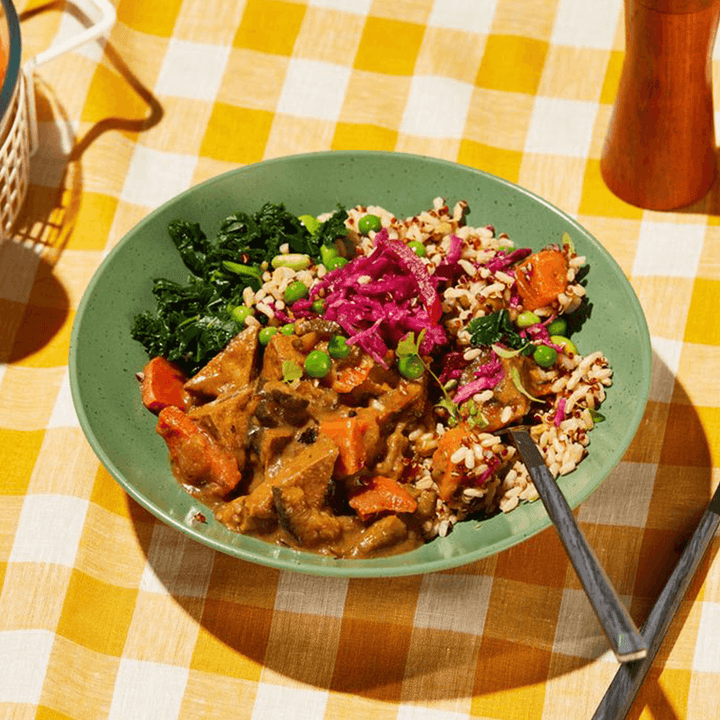 |
 |
🍫 Dark Chocolate & Cacao
-
Boosts serotonin levels (the “feel-good” hormone).
-
High in antioxidants that reduce stress and anxiety.
 |
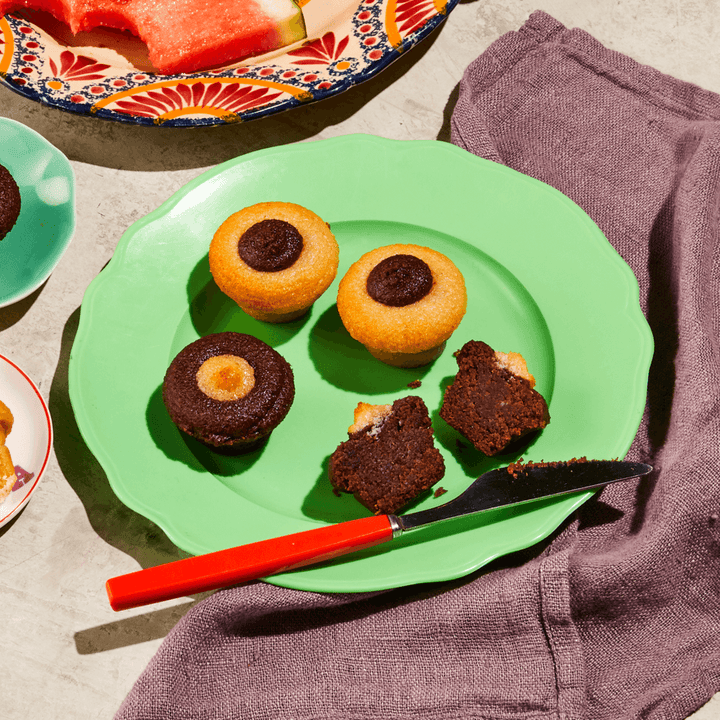 |
 |
🥬 Leafy Greens (Spinach, Kale, Swiss Chard)
-
Packed with magnesium, which helps calm the nervous system.
-
Supports brain plasticity and cognitive function.
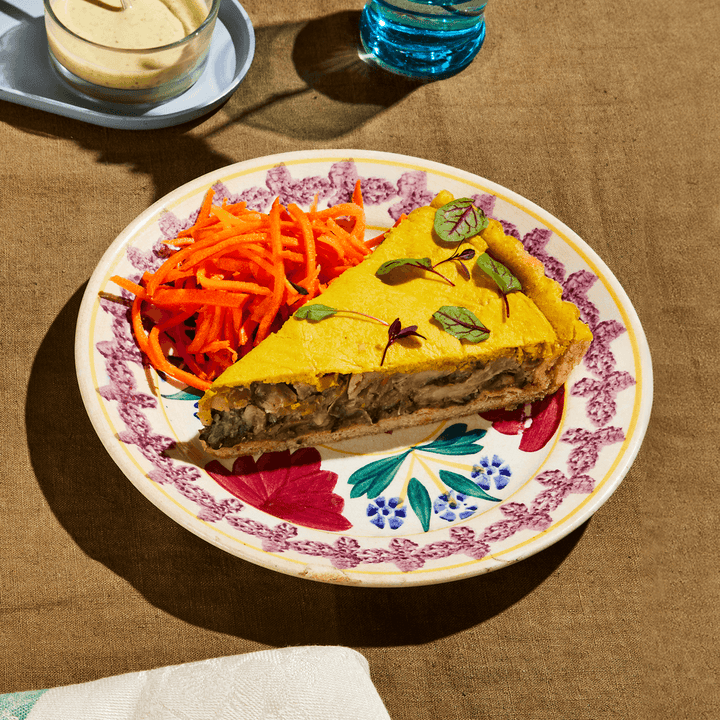 |
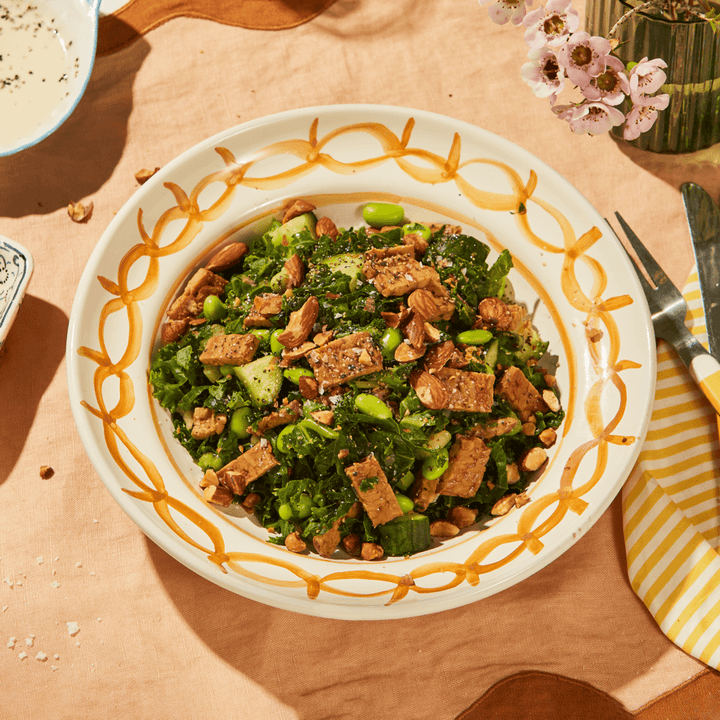 |
 |
🫐 Berries (Blueberries, Strawberries, Blackberries)
-
Rich in antioxidants that combat stress and inflammation.
-
Support brain health and memory function.
 |
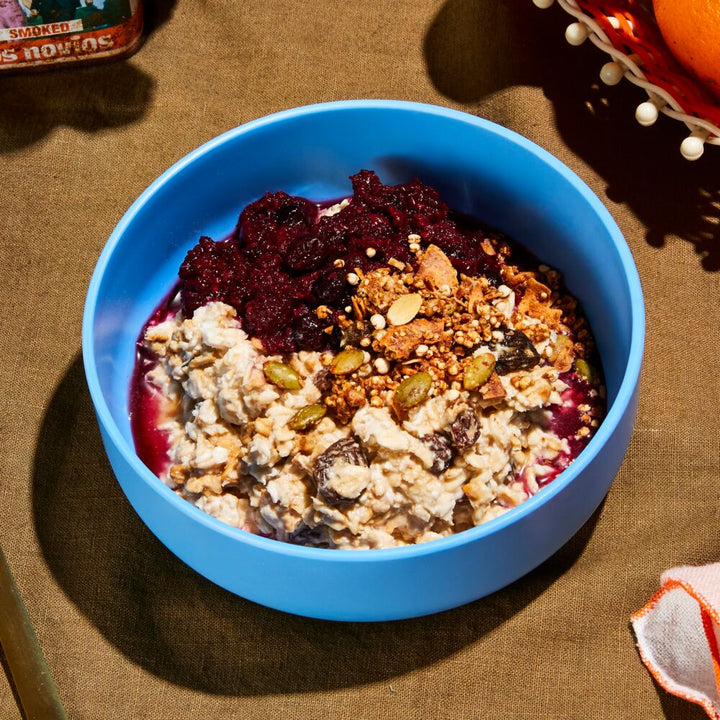 |
 |
🍵 Green Tea & Herbal Teas
-
Contains L-theanine, which promotes relaxation and focus.
-
A great alternative to caffeine for stable energy levels.
 |
 |
 |
🫘 Legumes (Lentils, Chickpeas, Black Beans)
-
High in B vitamins, essential for neurotransmitter function.
-
Support serotonin and dopamine production for a balanced mood.
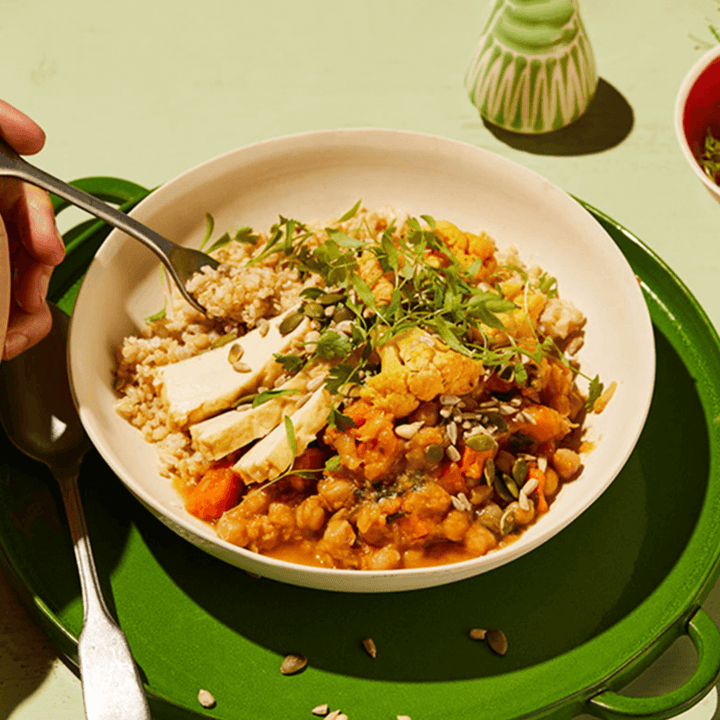 |
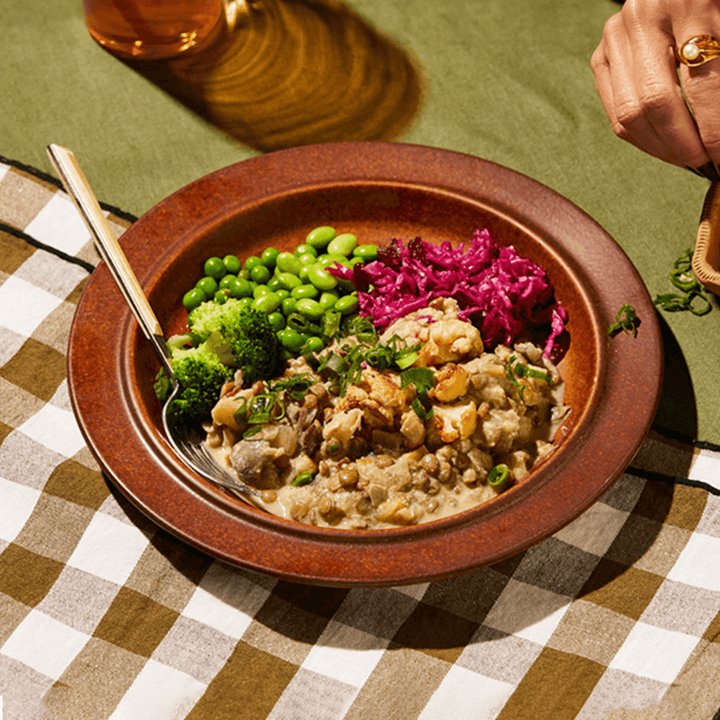 |
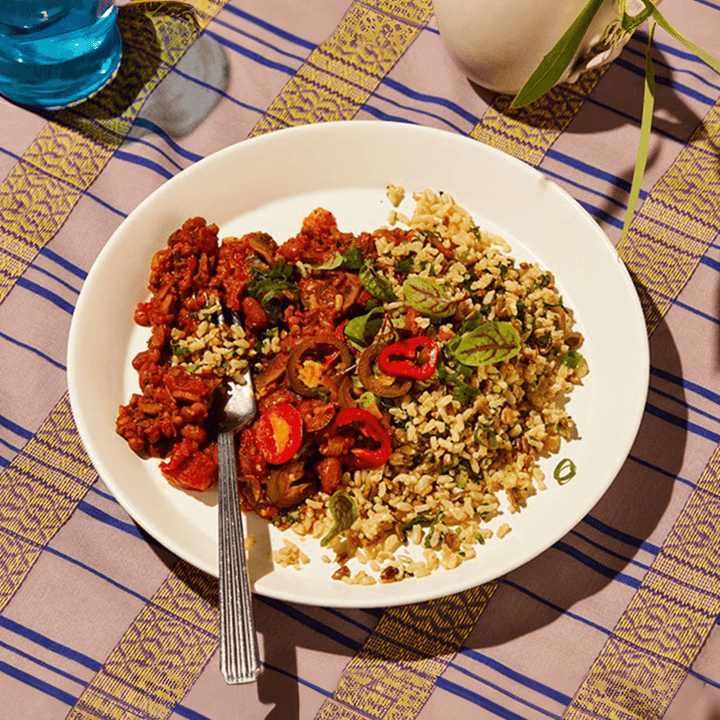 |
The Gut-Brain Connection
Your gut is often called your "second brain" because it produces about 90% of your body’s serotonin – the neurotransmitter responsible for happiness. A plant-based diet supports a healthy gut microbiome, which in turn helps regulate mood, anxiety, and mental clarity.
Eating more fibre-rich, fermented, and prebiotic foods (like kimchi, sauerkraut, and miso) can keep your gut bacteria thriving—leading to better mental wellbeing.
Final Thoughts
A whole-food, plant-based diet isn’t just good for your body—it’s one of the best tools for supporting mental health. By eating nutrient-rich, mood-boosting foods, you can improve energy levels, reduce stress, and feel more balanced every day.
At IKU, we believe in the power of real food to nourish both body and mind. Our plant-based meals are crafted to fuel your wellbeing – naturally.
ㅤ
ㅤ








